The main competition reached its halfway stage with the screening of Danis Tanovic’s, Death in Sarajevo, a parable set on 28th June 2014, the 100-year anniversary of what is historically cited as being the cause of the First World War.
The film is set in a hotel in Sarajevo with all its domestic business, power struggles, corruption and interpersonal relationships. The boss of the hotel is particularly corrupt and the staff ends up going on strike because they haven’t been paid for months. Amongst others, an actor and a historian arrive to be interviewed for Bosnian TV.
The Serbian historian aggressively and intimidated tells the female Bosnian TV journalist that the Serbs were right for starting the conflict in the former Yugoslavia. From this starts a massive argument on camera which carries on afterwards but then a surprising resolution of sorts is reached. However, redemption comes hard on someone’s heels. Tanovic has made yet another engaging film that, with all the sub-stories taking place in the hotel, is compelling, entertaining and cites Sarajevo as being central to the death of Europe, a living corpse then and now.
Moving chronologically and (unfortunately) appropriately in time, Alone in Berlin was a (great-looking) disappointment really. Set in Berlin in June 1940 during the first year of real conflict in the Second World War, a married couple (Brendan Gleeson and Emma Thompson) receive news at their home in Berlin that their only son has been killed on the front and this throws their previous sympathy of the Nazi regime into outrage. Gleeson, once a loyal but now bitter factory worker after the event of his son’s death, aims to take revenge secretly by leaving stenciled cards all over Berlin criticizing the Nazi regime and educating the masses. The outraged SS and the Gestapo conduct a full manhunt for the person responsible; and so ensues a game of cat and mouse. The film was made in the English language for an international audience, casting non-German actors as the leads and these are two reasons why it ultimately fails in authenticity and tension. The high production values, exaggerated dramatization, and acting (even from Daniel Brühl) seem more suited to passive evenings by the television, being given another slant on what happened in particular events from this time.
Crosscurrent was a very unique film and, again, looked absolutely great but the minimalist narrative was a bit tough going at times during its two-hour duration. Its only when one reads the film’s thumbnail notes that the basic plot of a young cargo captain taking his boat up the Yangtze river, liberating the soul of his father while searching for the love of his life explains why the same girl seems to keep re-appearing, even places re-appearing, the further he goes down river. However, the criticism is double-edged as the minimalist narrative belies the fact that the direction is masterful. Shots of the Yangtze River and its natural beauty are absolutely breathtaking and the choice of ancient verse and quotes, even the choice of soothing colors and traditional typography for this, were somehow perfect, the overall effect being of a grey-green dusky mysticism where politics meets poetry and previous wrongs are atoned for in some strange spiritual journey that goes full circle. Without drawing it into populist interpretation, as one friend remarked, it’s a very meditative film and one could wind down watching it after a hard day. One can’t help feeling its reputation may grow with the years.
Soy Nero was a very interesting entry from director Rafi Pitts and the cause for much thought after the screening. A young Mexican called Nero has dreams of becoming a US citizen and is very willing to join the US Army to get the “Dream Ticket” of US citizenship that this entails. After scaling the meters-high border, he hitches a lift with a guy and his daughter. The guy, suffering from some kind of post-dramatic stress disorder seems paradoxically helpful but an emotionally unstable time-bomb. He advises young Nero against joining the army as he will simply be put into the death zone. From here, the journey encompasses a visit to his half-brother’s mansion in Beverly Hills where he is made special guest. When a mean-looking guy arrives, Nero is ushered out and politely requested to lay low for a couple of months. As prophesized by the driver earlier in the film, when volunteering in the army as a direct route to getting his citizenship, he is sent machine gun in hand to the desert landscape of the Middle East war zones. The film then takes a turn by focusing less on Nero himself but the other volunteers and their gung-ho attitude which belies a vulnerability and anxiousness regarding their mortality.

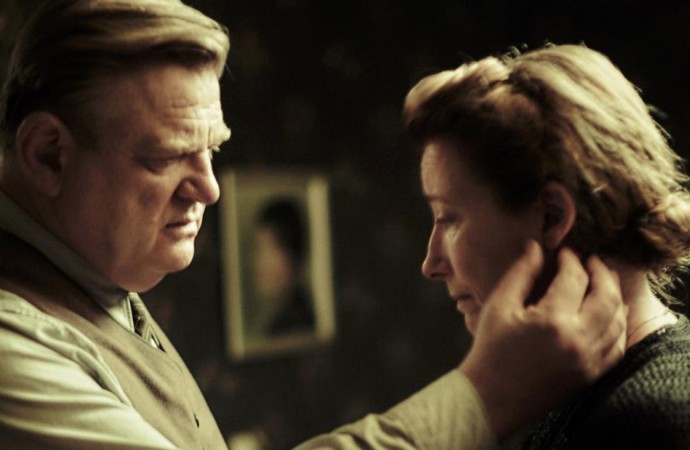

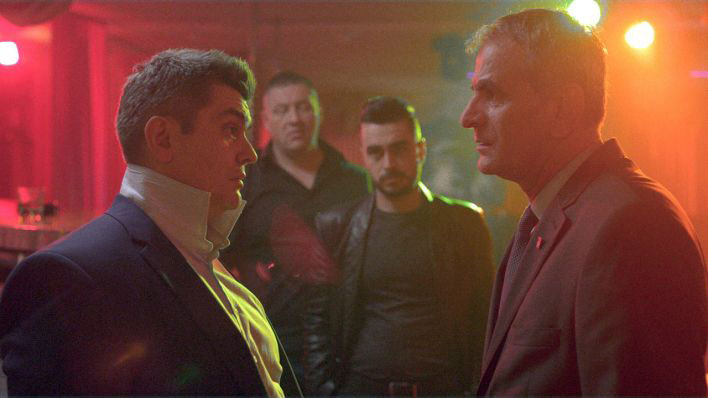
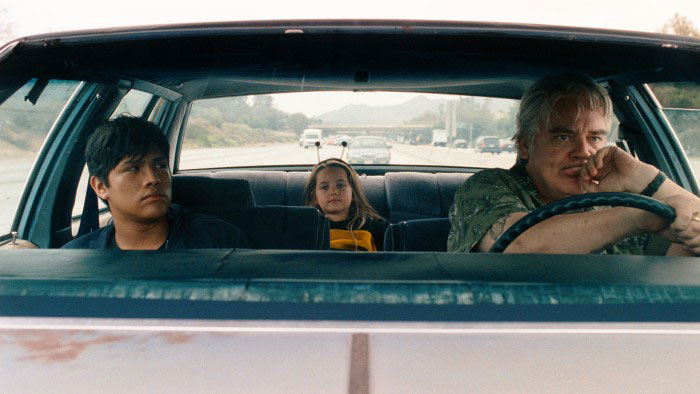
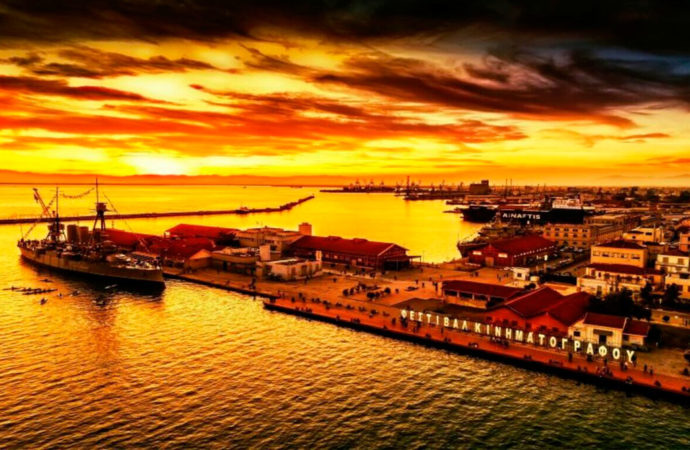

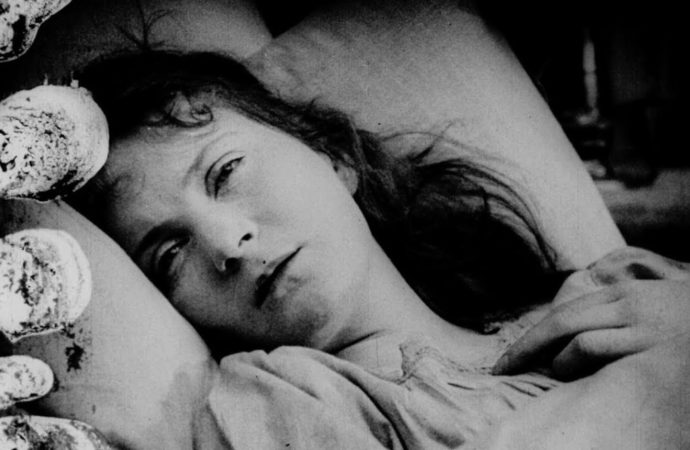
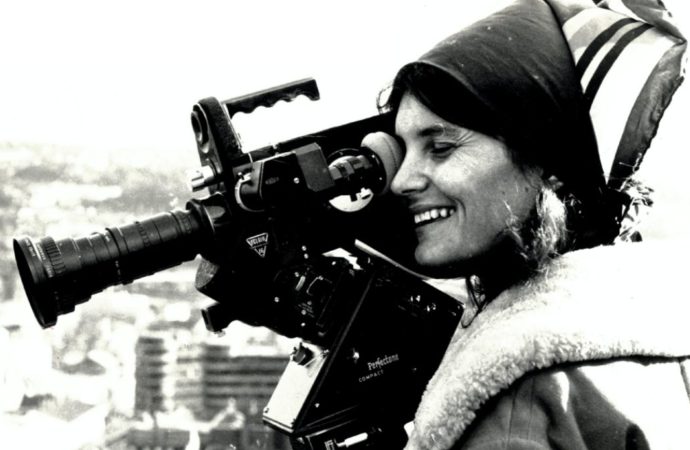
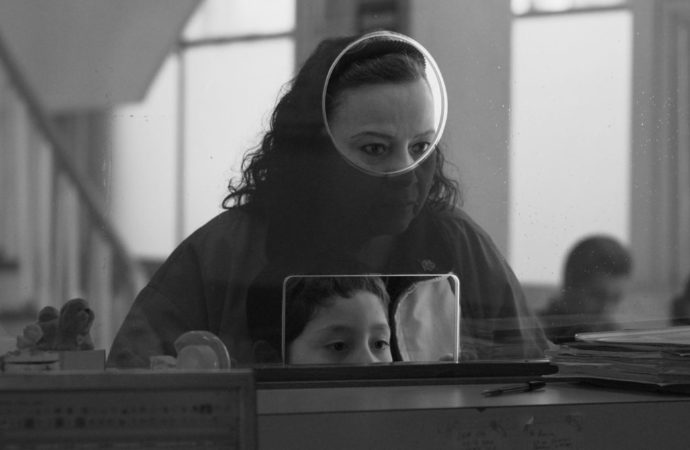
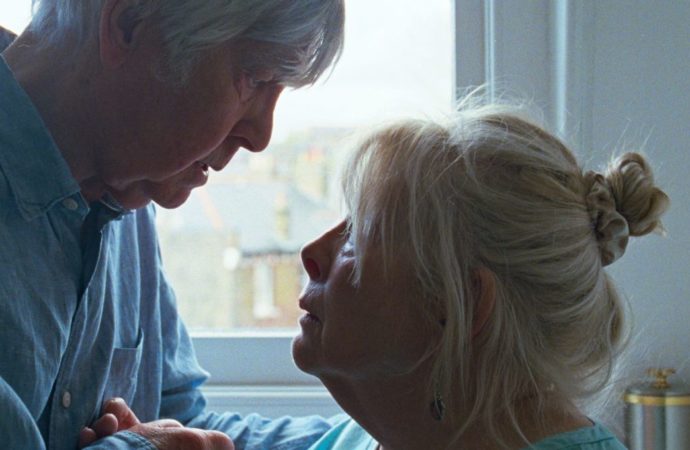
No one has posted any comments yet. Be the first person!